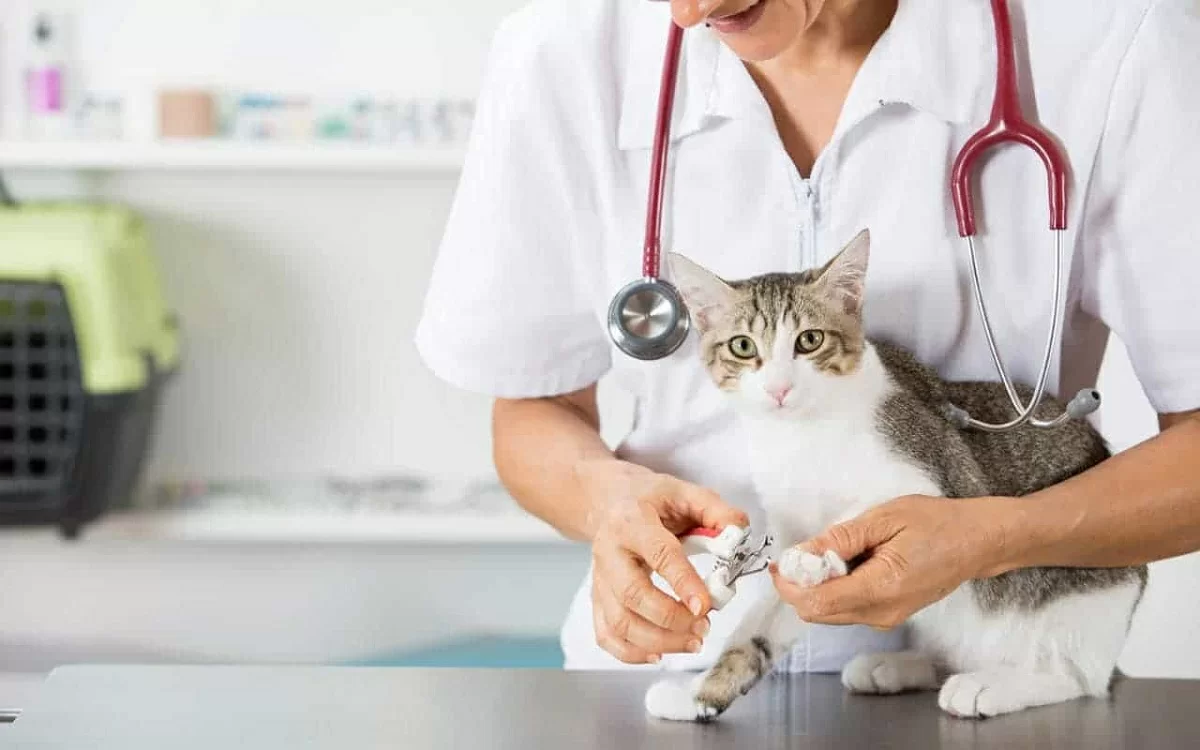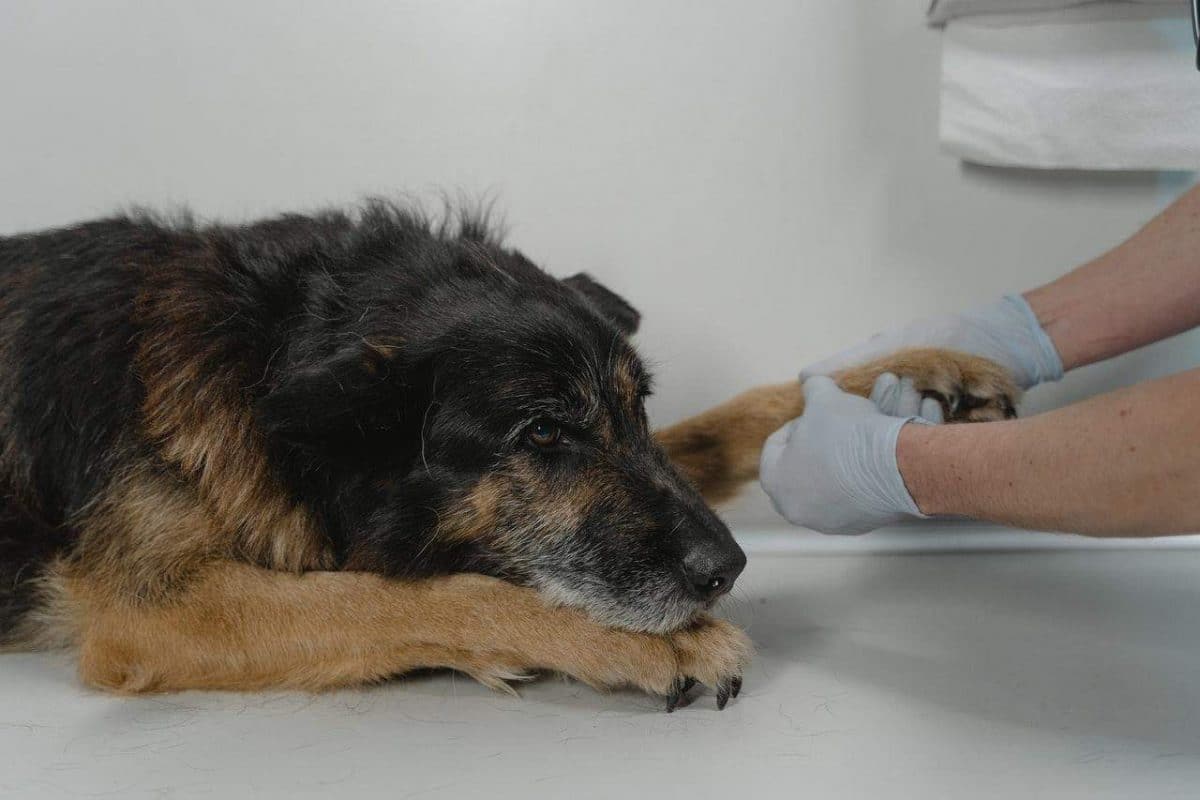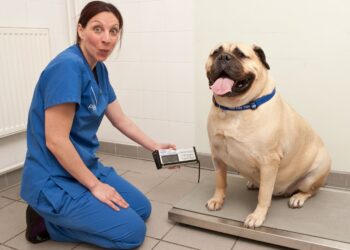You may not have considered the use of holistic veterinarian treatments, and in actual fact, it’s a very logical step. There are a lot of parallels between human and animal health in many ways, and in the same way that we as people benefit from an all-around assessment of our health and a thoughtful approach to treatment and lifestyle, it’s understandable that our animals benefit from the same attention!
What Are Veterinary Holistic Treatments?
The definition of holistic is that whatever it describes addresses the whole person, and it takes into account the mental health and environmental factors as well as physical health. Applying that to a veterinary context, it means that you swap a person for an animal! Naturally,
that means making some practical changes too, such as careful observations in place of the patient being able to explain things to you, and accounting for the size and features of your animal patient in order to make sure they’re getting the exact right amount and approach of treatment subject to their class and breed.
What that means for you in terms of applying that to your animal is looking into the options available and potentially, seeing results that make your animal happier and healthier, or perhaps relieving their discomfort or making their environment a happier place to be.
Reading Suggestion: 12 Skin Diseases in cats
Different Types of Veterinary Holistic Treatments
Similar to the diversity of options available to us, there are a wide range of different veterinary holistic treatments that you and your animal can explore. Carried out by trained professionals with experience in animal care and specific treatment, they’re ready to offer a service to you and your pet.
These treatments have an array of different forms and impacts and can be applicable in many cases – there’s definitely something to learn from the list we put together!
Animal Acupuncture
Veterinary acupuncture is a treatment that uses slim, sterile needles. A professional inserts the needles into specific ‘acupuncture points’ across the body with the goal of triggering a pain response, so that the body encourages healing in that local area. But don’t worry – it isn’t painful! Humans report and animals demonstrate that it can actually be a very relaxing process.
It can be used for a wide variety of animals and is often used to treat stress, anxiety and mental health conditions as well as offer relief for pain and discomfort, too. Whether it’s a one-off treatment or a course of appointments.
The goal is to make the animal more comfortable in whichever way it needs, which makes it appropriate for high-pressure environments, as well as injuries or illnesses and palliative care.
Phytotherapy for Animals
Phytotherapy is a treatment that uses extracts of natural origin as medicines or health-promoting agents. This treatment focuses on plants as the exclusive source for medicines, and the idea is that the anticipated effects of whichever plant product are specifically selected to combat whichever symptoms are bothering the animal, or better yet, the causes of their problem.
It is used in the treatment of a variety of issues, as the diversity of plant life means that there is a huge library of resources available. This treatment theory has been known to alleviate and sometimes treat serious illnesses, including central nervous system disorders and mild cognitive dysfunctions.
Reading Suggestion: Pitbull Corgi Mix – An American Pitbull Terrier and Welsh Corgi Breed
Physiotherapy for animals
Physiotherapy is the use of specifically selected exercises or manipulations, targeted at the problem your animal is facing. It focuses on a certain area, using an adept knowledge of anatomy to strengthen muscles and the body, in order to relieve stress on an injury, alleviate pain, or promote stretching.
A physiotherapy professional leads your appointments, but usually, there are exercises, stretches or activities that you can do to improve the condition easily in your own time too.
The effects are very significant when combined with the right amount of hard work and patience, as with any recovery process. It’s an excellent option to offer more comfort and to develop strength, which means it’s a great treatment for injuries and illnesses, but it can also be a very effective avenue in the preventative care for animals prone to injuries or breeds particularly vulnerable to certain anatomical defects or problems.
Homeopathy for Animals
Homeopathy is a form of alternative medicine that deviates from the traditional scientific community. It uses ‘remedies’, which are made up using tiny amounts of natural substances in a homeopathic dilution, and practitioners of homeopathy believe that this stimulates the healing process.
It is centred around the concept that the body can cure itself, and that practitioners are there to help by knowing how to encourage this. Some say that the things that cause symptoms of a disease in healthy people can cure similar symptoms in sick people, which is called similia similibus curentur, or “like cures like”.

Reading Suggestion: Birds in winter: How do birds stay warm in the winter?
Osteopathy for Animals
Osteopathy is a practice that uses the targeted manipulation of muscles and joints with stretching and massaging in order to alleviate pain and discomfort, and in some cases, fix the issue at hand.
An osteopath uses their in-depth knowledge of the body and the bones, muscles, ligaments and connective tissue therein in order to identify what isn’t right, or when something isn’t where or how it should be. This allows the most appropriate action to be taken to offer respite or healing.
The effects are the same as they would be for humans, and people have been using osteopathy to great effect for thousands of years. Naturally, in a veterinary context, the osteopath must have the same level of knowledge of the animal and its body, which is why the use of a specialist animal practitioner is important.
Conclusion
Overall, having established the different types of primary veterinary treatments available, we hope that you’re able to choose the treatment – or combination of treatments! – that is most appropriate for your animal. These treatments have similar impacts but are used for the most part in the treatment of different issues, so use this guide to advise you in your decisions, and enjoy taking care of your pet!









